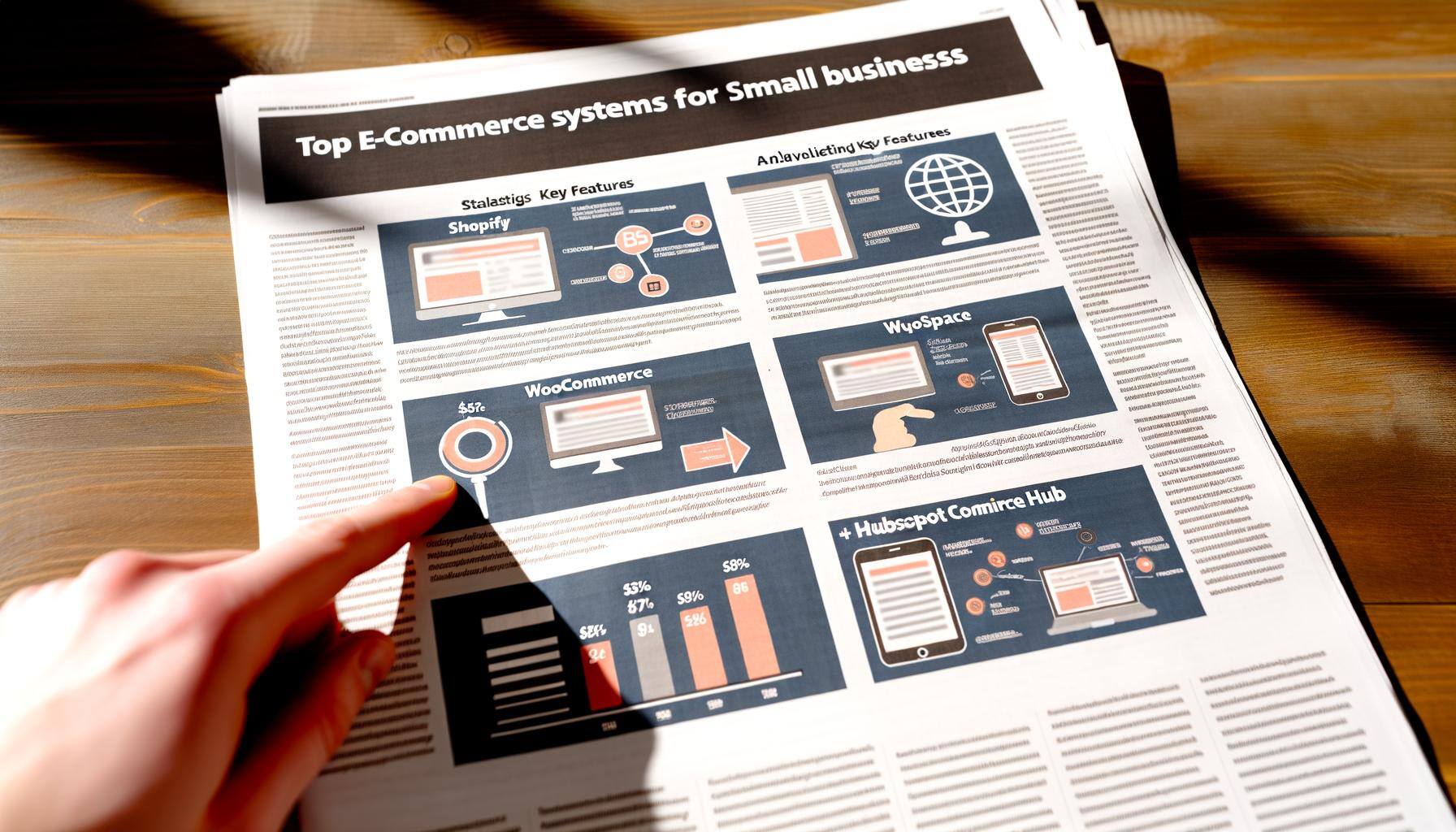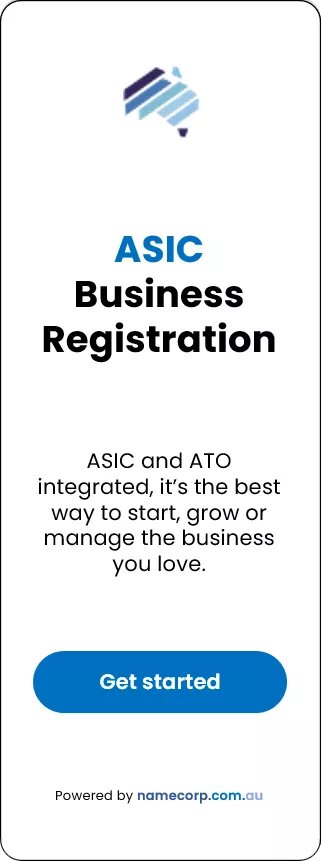Small companies need innovative tools to stay ahead in the competitive business world. One such tool that can make a significant difference is a Customer Relationship Management (CRM) system. A CRM helps businesses manage and analyze customer interactions throughout their lifecycle, fostering stronger relationships and driving growth.
Why Small Businesses Need a CRM
Traditionally, CRM systems were seen as expensive and complex, suitable only for large corporations. However, modern CRMs are user-friendly and affordable, making them accessible to small businesses. According to Salesforce, small businesses using CRM systems see an average revenue increase of 26% compared to those that don't. This highlights how transformative a CRM can be for small businesses.
This article explores the key benefits of using a CRM system tailored specifically for small businesses. From centralizing data and improving customer service to streamlining sales and enabling data-driven decisions, a CRM can boost your business's efficiency and success.
Centralized Data Management: Streamline Your Information
One of the biggest challenges small businesses face is managing customer information spread across multiple channels and touchpoints. Without a centralized system, data often gets lost in spreadsheets, emails, and notes, making it hard to get a complete view of each customer.
How a CRM Helps
A CRM system provides a single, centralized database for all customer interactions, from initial inquiries and emails to sales transactions and support tickets. This consolidation of data eliminates the need to juggle multiple sources and ensures that every team member has access to up-to-date customer information.
With a centralized CRM, you can easily retrieve a customer's complete history, including past purchases, communication records, and preferences, with just a few clicks. This streamlined access allows businesses to provide personalized experiences, anticipate customer needs, and respond promptly to inquiries or issues.
Benefits
- Eliminates data silos: All customer information is stored in one place.
- Improves accuracy: Reduces errors from manual data entry.
- Enhances efficiency: Quick access to comprehensive customer information.
By centralizing data, a CRM system helps small businesses streamline processes, improve collaboration, and deliver exceptional customer experiences.
Personalized Service: Delight Your Customers
Exceptional customer service sets small businesses apart. A CRM system enables businesses to deliver personalized experiences that delight customers at every touchpoint.
How a CRM Helps
A CRM tracks customer interactions across multiple channels—phone calls, emails, social media, and in-person visits—creating a comprehensive picture of each customer's journey. This includes their preferences, purchase history, and previous interactions with your business.
With this information, your team can anticipate customer needs, proactively address concerns, and provide relevant recommendations. For example, greeting a returning customer by name, remembering their favorite products, and offering personalized suggestions based on their past purchases fosters trust and loyalty.
Benefits
- Personalized interactions: Tailor communication and offers to individual customers.
- Proactive service: Address concerns before they become issues.
- Increased satisfaction: Quick and informed responses to inquiries.
By leveraging a CRM, small businesses can stand out by providing personalized, attentive service that builds lasting customer relationships.
Streamlined Sales Processes: Close More Deals
Every sale counts for small businesses. A CRM system streamlines and automates various aspects of the sales process, allowing your team to focus on building relationships and closing deals.
How a CRM Helps
A CRM automates tasks such as lead tracking, follow-up scheduling, and pipeline management, reducing the need for manual data entry and minimizing human error. Lead information is automatically captured and organized, ensuring no potential opportunity falls through the cracks.
Real-time visibility into the sales pipeline allows managers to monitor progress, identify bottlenecks, and make data-driven decisions to optimize the sales process. Automated reminders and alerts keep your sales team on top of every interaction, nurturing leads with the right messaging at the right time.
Benefits
- Automated tasks: Save time and reduce errors.
- Real-time insights: Monitor and optimize the sales pipeline.
- Focus on relationships: Spend more time building connections with prospects.
A streamlined sales process powered by a CRM can differentiate your team, helping them close more deals and drive revenue growth.
Targeted Marketing: Data-Driven Campaigns
Effective marketing today is about delivering the right message to the right audience at the right time. A CRM provides small businesses with valuable customer data to create highly targeted, data-driven marketing campaigns.
How a CRM Helps
By capturing and analyzing customer behavior, preferences, and purchase histories, a CRM enables businesses to segment their audience with precision. This understanding allows marketers to craft tailored messaging, offers, and experiences that resonate with specific segments, increasing engagement and conversions.
For example, you can identify customers who have purchased a particular product and target them with complementary offerings. Or, recognize customers who have shown interest in a specific service but haven't converted, allowing you to deliver timely and relevant follow-up communications.
Benefits
- Precise segmentation: Target specific customer segments effectively.
- Personalized campaigns: Create relevant and engaging marketing messages.
- Continuous optimization: Track and refine campaign performance.
By using a CRM, small businesses can execute targeted marketing campaigns that cut through the noise and drive higher conversions and ROI.
Data-Driven Decision Making: Insights That Drive Growth
Data-driven insights are crucial for making informed decisions in today's business environment. A CRM system provides small businesses with real-time data and analytics, enabling strategic choices that align with customer needs and market trends.
How a CRM Helps
A CRM offers a centralized repository of customer data, including sales histories, preferences, support interactions, and marketing engagement. Leveraging the reporting and analytics features within a CRM, small business owners can uncover valuable insights previously hidden or scattered.
For example, a CRM can provide visibility into sales performance, helping identify top-performing products, analyze sales strategies, and make informed decisions about resource allocation. Tracking customer churn and lifetime value can inform retention initiatives and new product development.
Benefits
- Comprehensive insights: Gain a complete view of customer behavior and business performance.
- Informed decisions: Make strategic choices based on real-time data.
- Cross-department collaboration: Share insights across teams for aligned efforts.
By transforming raw data into actionable insights, a CRM empowers small businesses to outmaneuver the competition and achieve sustainable growth.
Scalability: Grow with Ease
Operational needs evolve as small businesses grow. A key advantage of a CRM system is its scalability, allowing it to adapt and expand alongside your business.
How a CRM Helps
A scalable CRM can accommodate an increasing number of users, ensuring seamless onboarding for new hires or additional departments. Modern CRM platforms offer modular features, enabling businesses to add functionalities and integrations as needed.
For instance, as your marketing efforts become more sophisticated, you can integrate your CRM with advanced marketing automation tools. As sales processes become more complex, you can implement advanced pipeline management and forecasting capabilities.
Cloud-based CRM solutions offer flexible scalability, allowing businesses to adjust computing resources, storage, and bandwidth without expensive hardware upgrades. Many CRM providers also offer flexible pricing models, enabling businesses to start with core features and upgrade as their needs grow.
Benefits
- User scalability: Easily add new users and departments.
- Modular features: Add functionalities as your business evolves.
- Cost-effective growth: Flexible pricing models align with your budget.
A scalable CRM ensures that your customer relationship management capabilities grow with your business, supporting long-term success.
Choosing the Right CRM for Your Small Business
Choosing the right CRM for your small business can be overwhelming with many options available. While niche providers like Xero CRM and monday.com offer localized solutions, larger, more established platforms like HubSpot, Salesforce, and Oracle NetSuite provide robust functionality and scalability.
Key Considerations
- Ease of Use: Opt for a user-friendly solution that requires minimal training for seamless adoption.
- Integrations: Ensure the CRM integrates with your existing tools and platforms, such as accounting software and marketing automation.
- Customization: Choose a system that can be tailored to your specific business processes and industry needs.
- Pricing: Assess pricing models to find a cost-effective solution that aligns with your budget and growth projections.
Recommended Platforms
- HubSpot CRM: Known for its user-friendly interface and powerful marketing, sales, and customer service tools.
- Salesforce: Renowned for advanced analytics and reporting capabilities, empowering data-driven decisions.
- Oracle NetSuite: Offers an all-in-one solution encompassing CRM, accounting, and other critical business functions.
Investing in a robust, feature-rich CRM system from a leading provider can unlock powerful capabilities, driving efficiency, customer satisfaction, and long-term growth.
Conclusion
Adopting a CRM system is not just about keeping up with technology; it's a strategic tool for driving efficiency, customer satisfaction, and sustainable growth. The benefits of using a CRM—from centralized data management and improved customer service to data-driven decision-making—are crucial in propelling small businesses to new heights of success.
A CRM system is an invaluable asset for small businesses looking to thrive and expand. By harnessing the power of customer data and automation, small companies can beat the competition, deliver exceptional experiences, and unlock new avenues for growth. Ultimately, a well-implemented CRM system can transform your small business into a formidable force in the market.




